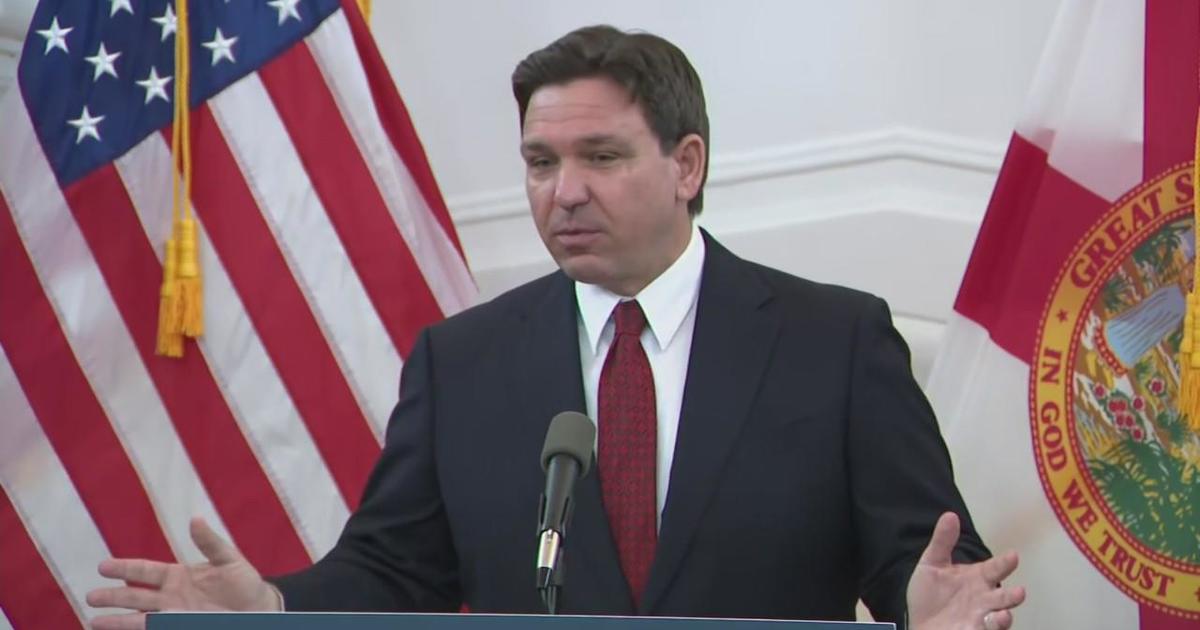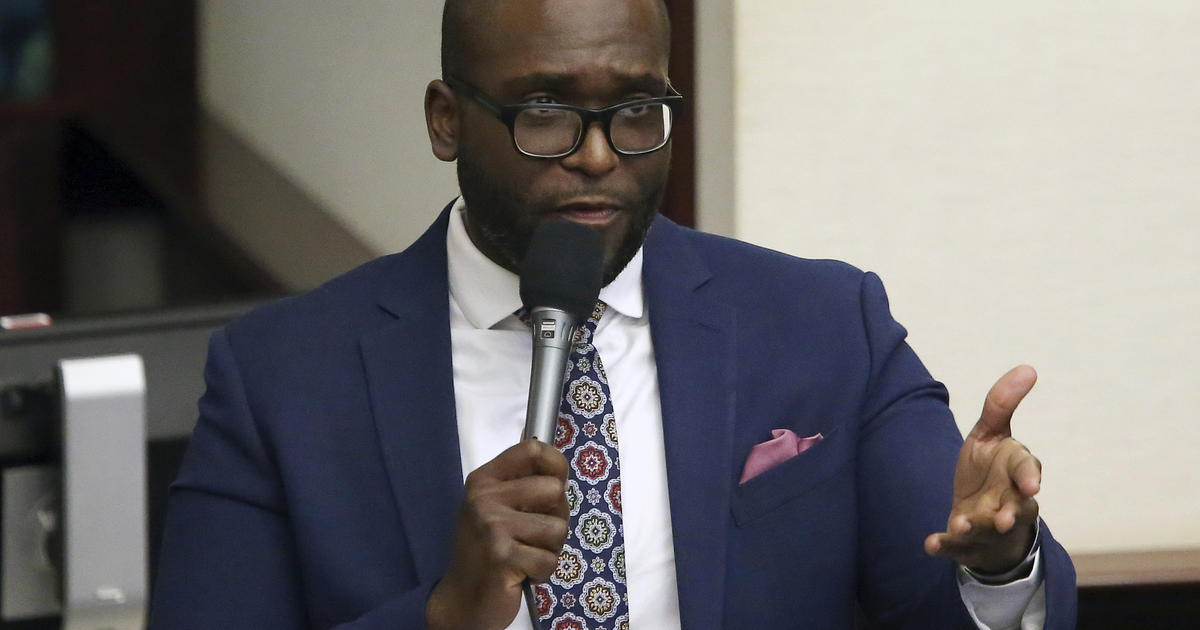Florida Joins Multi-State Lawsuit To Block Contraceptive Rule
MIAMI (CBSMiami/AP) - Florida has joined six other states in asking a federal judge to block an Obama administration mandate that requires birth control coverage for employees of religious-affiliated hospitals, schools and outreach programs.
The lawsuit, filed in U.S. District Court of Nebraska, alleges that the new rule violates the First Amendment rights of groups that object to the use of contraceptives.
It marks the first legal challenge filed by states.
The rule, announced as part of the federal health care law, has come under fire from religious groups that object to the use of contraceptives, sterilization and abortion-inducing drugs. In response to the criticism, Obama administration officials have said they will shift the requirement from the employers to health insurers themselves.
In addition to Florida, the lawsuit was filed by attorneys general from Nebraska, Michigan, Ohio, Oklahoma, South Carolina and Texas. Three Nebraska-based groups — Catholic Social Services, Pius X Catholic High School and the Catholic Mutual Relief Society of America — are also plaintiffs in the lawsuit.
Nebraska Attorney General Jon Bruning, a Republican who is running for U.S. Senate, said the administration's regulation "forces of millions of Americans to choose between following religious convictions and complying with federal law.
"We will not stand idly by while out constitutionally guaranteed liberties are discarded by an administration that has sworn to uphold them," he said.
The lawsuit alleges that the rule will effectively force religious employers and organizations to drop health insurance coverage, which will raise enrollment in state Medicaid programs and increase patient numbers at state-subsidized hospitals and medical centers.
The U.S. Department of Health and Human Services is named as a defendant. A phone message left with the agency on Thursday wasn't immediately returned.
The contentious issue has pushed social issues to the forefront in a presidential election year that has been dominated by the economy. Issues such as abortion, contraception and requirements of President Barack Obama's health care law have the potential to galvanize the Republicans' conservative base, which is critical to voter turnout in the presidential and congressional races.
The new policy has angered some religious groups, including the Roman Catholic Church, who say the requirement would force them to violate their stances against contraception. It has also drawn a sharp response from congressional Republicans.
Obama administration officials have said they don't want to abridge anyone's religious freedom, but want to give women access to important preventive care. Supporters of the rule, including the ACLU and women's advocacy groups, say the measure is about female health.
Republican lawmakers in a handful of states have seized on the contentious issue, presenting bills that would allow insurance companies to ignore the federal rules. Measures in Idaho, Missouri and Arizona would expand the exemptions to secular insurers or businesses that object to covering contraception, abortion or sterilization.
Officials have said the Obama administration's ruling was carefully considered, after reviewing more than 200,000 comments from interested parties and the public. The one-year extension, they said, responds to concerns raised by religious employers about making adjustments.
Administration officials stress that individual decisions about whether to use birth control, and what kind, remain in the hands of women and their doctors.
(TM and © Copyright 2012 CBS Radio Inc. and its relevant subsidiaries. CBS RADIO and EYE Logo TM and Copyright 2010 CBS Broadcasting Inc. Used under license. All Rights Reserved. This material may not be published, broadcast, rewritten, or redistributed. The Associated Press contributed to this report.)



